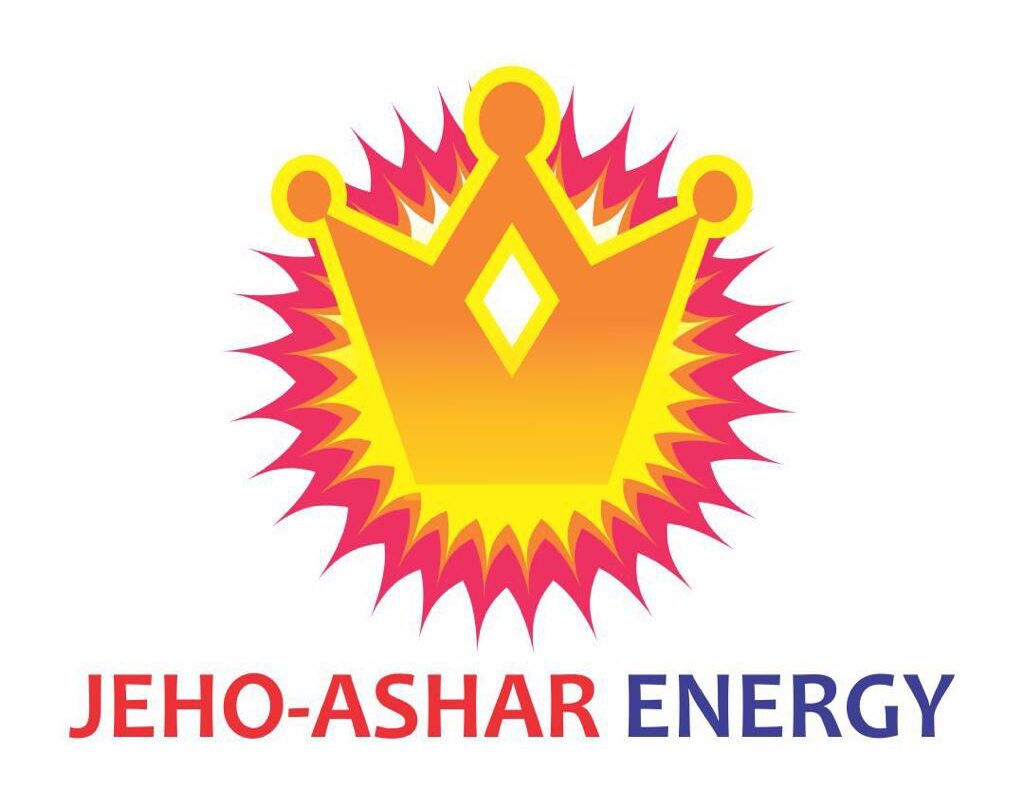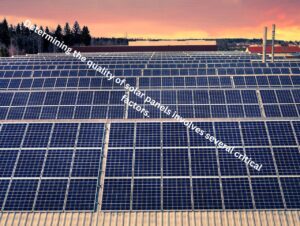🧱 The Problem: When Technology Meets Tradition
Solar technology, though clean and sustainable, often encounters cultural resistance and aesthetic objections—particularly in communities that:
- Value traditional architecture and local visual identity.
- Are sensitive to religious, spiritual, or historical site preservation.
- Associate shiny metal panels with industrialization or foreign influence.
- Believe rooftop installations compromise the beauty or “purity” of homes, places of worship, or landscapes.
In some parts of Africa, including Nigeria:
- Cultural norms and beliefs influence whether certain modern technologies are welcomed.
- Aesthetic values often shape community decisions more than environmental benefits.
🛑 Example: A mosque may oppose visible rooftop panels if they disrupt the harmony of its traditional dome design. A historic village might reject ground-mount panels as “out of place.”
🌍 Broader Context: Global Examples
- In the UK, solar panels are often restricted in heritage conservation areas.
- In parts of India and the Middle East, rooftop symmetry and religious symbolism affect how energy systems are perceived.
- In Europe, “solar shaming” exists in high-end neighborhoods where modern solar designs are viewed as unsightly.
These concerns are often under-addressed by solar companies focused purely on technical or financial aspects.
🎯 Jeho Ashar Energy’s Advantage: Cultural Sensitivity as a Business Strategy
✅ 1. Design-Centered Solar Solutions
Jeho Ashar can develop solar products and installations that blend seamlessly with local architecture:
- Use aesthetic solar panels: All-black, frameless, or integrated solar shingles.
- Offer discreet mounting systems that are hidden from street view.
- Match panel layouts to traditional roof angles or colors.
🏡 Impact: Reduces resistance while showcasing Jeho Ashar as both technically smart and culturally aware.
✅ 2. Community-Centered Planning
Jeho Ashar can involve communities early in the design and planning process:
- Conduct community dialogues and surveys before installations.
- Explain how the system can be customized to respect religious, historical, or visual values.
- Collaborate with local artisans or architects to preserve aesthetic integrity.
🧩 Result: Builds local buy-in, avoids backlash, and reduces project delays.
✅ 3. Solar Education Through Cultural Lenses
Jeho Ashar can localize solar education by:
- Using culturally familiar analogies in marketing and training.
- Creating visual materials that show solar harmony with traditional homes, markets, or places of worship.
- Highlighting how clean energy aligns with spiritual and moral values like stewardship, community care, and resource conservation.
🗣️ Example: In many African cultures, respect for nature is a spiritual value—solar energy as “sun-powered harmony” can resonate deeply.
✅ 4. Solar as a Symbol of Progress, Not Disruption
By aligning solar with local pride, Jeho Ashar can flip the narrative:
- Brand installations as signs of community innovation, not aesthetic compromise.
- Use culturally respected figures (chiefs, imams, teachers) in endorsement campaigns.
- Support solar installations at community centers, cultural halls, or schools to showcase balance.
🌞 Vision: A solar panel becomes not a blemish, but a badge of responsible modernity.
🧭 Jeho Ashar’s Strategic Moves
- Develop an “Aesthetic Solar” Line — Offer panels and mounting kits designed to blend into homes, worship centers, and landmarks.
- Launch a Cultural Outreach Program — Train sales teams to recognize and respect cultural norms during consultations.
- Build Case Studies — Document and share projects where Jeho Ashar balanced aesthetics with energy needs in culturally sensitive environments.
- Partner with Local Designers — Co-create solutions with architects and cultural leaders who understand the local design language.
📈 Business and Social Benefits
- Fewer Project Delays: Anticipating cultural resistance avoids permit holdups and community protests.
- Market Expansion: Tap into areas other installers avoid due to cultural complexity.
- Reputation Boost: Build a brand identity as a respectful, inclusive solar provider.
- Increased Customer Trust: People trust brands that respect their heritage and appearance.
📌 Final Thought
Culture and aesthetics aren’t obstacles—they’re opportunities for deeper connection. Jeho Ashar Energy can lead the way by showing that solar technology can honor tradition, celebrate beauty, and still power the future.




